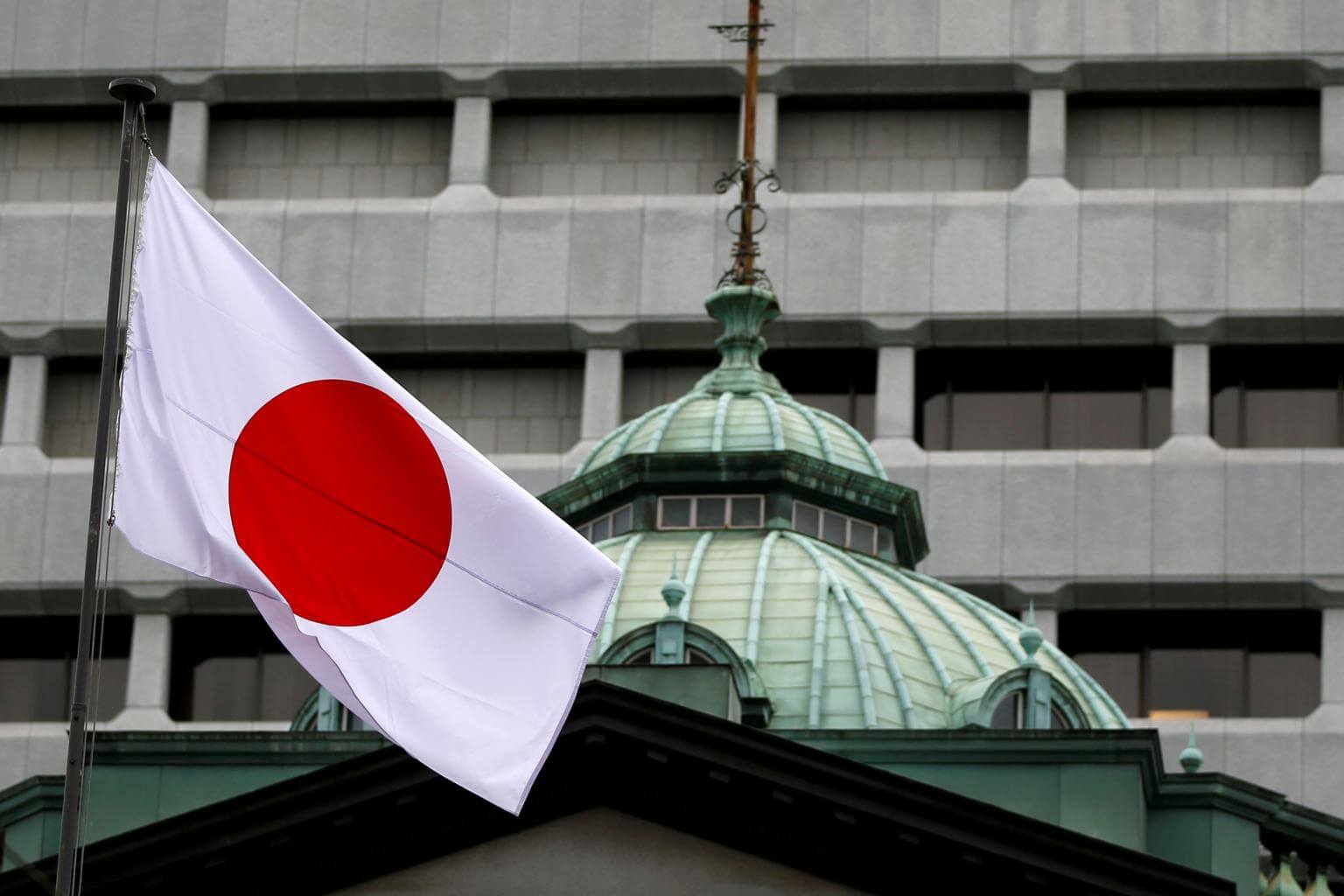Japan becomes second country after Mexico to ratify TPP-11 trade deal
Sign up now: Get ST's newsletters delivered to your inbox

Japan will host working-level talks at the resort town of Hakone, from July 17 to 19, 2018.
PHOTO: REUTERS
Follow topic:
TOKYO - Japan became the second country to ratify the revised Trans-Pacific Partnership (TPP) trade deal on Friday (July 6), the same day the United States imposed the first round of prohibitive tariffs on some Chinese goods in a move many fear will lead to a drawn-out trade war.
The 11-nation revised deal, known as the Comprehensive and Progressive Agreement for the Trans-Pacific Partnership or the TPP-11 following President Donald Trump's decision to pull the US out of the original deal shortly after he assumed office, will come into effect 60 days after it is ratified by six member countries.
Japan has joined Mexico which ratified TPP-11 in April.
The Foreign Ministry in Tokyo said in a statement on Friday that it hopes that the ratification "will be a powerful message from Japan, as the standard-bearer for free trade, to the world amidst the current global trend towards protectionism, and a significant step to create free and fair 21st century rules in the Asia Pacific region".
"Japan will continue to work with other signatories to achieve early entry into force of the TPP-11 agreement," it added.
Singapore's Minister for Trade and Industry Chan Chun Sing said on Sunday (July 1) that he was confident that the Republic would be "among one of the first batches of countries to ratify the TPP-11."He also expressed hoped that enough countries would ratify the agreement by the end of the year to bring it into force.
Australia, Canada and New Zealand have taken steps towards ratification, and Chile aims to do so soon. The other signatories to the deal are Brunei, Malaysia, Peru and Vietnam.
Japan, which took the lead to drive the TPP-11 negotiations amid the rise in protectionist tendencies, will be hosting working-level talks in the picturesque mountainside resort town of Hakone from July 17 to 19 to look at how to let more countries could be allowed into the deal. Thailand, Indonesia and Britain are among those keen.
The TPP-11 - which has been held up as the "gold standard of trade deals" - promotes trade liberalisation, and facilitates trade in goods and services, and investment, as well as establishes new rules in such areas as intellectual property, electronic commerce, and state-owned enterprises. It covers 490 million people, or about 6.8 per cent of the world's population, 15 per cent of world trade and 13.4 per cent of the global economy.
Japan is also committed to helping push for the Asean-led 16-nation Regional Comprehensive Economic Partnership (RCEP) by this year.
Collectively, the RCEP countries - Asean, as well as Australia, China, India, Japan, New Zealand and South Korea - account for about half the world's population as well as 30 per cent of the world's economy and trade.
Japan and the European Union are also expected to sign a free trade agreement when Japanese prime minister Shinzo Abe is in Brussels next week, in what many observers saw as a signal from both economic giants of their rejection of protectionist tendencies in the world.
"We are seeing some acceleration of mega-FTA negotiations, to emphasise the importance of free trade and a rules-based international commercial policy regime," Dr Fukunari Kimura, chief economist at the Economic Research Institute for Asean and East Asia told The Straits Times.
The ensuing improvement of the business environment in the Asia Pacific will invigorate Japan's economy, he added.
Mizuho Research Institute economist Junichi Sugawara told ST that with the TPP-11, Japanese companies "will be able to build more efficient value chains, and it is expected that the Japanese economy will be revitalised with such integration".

